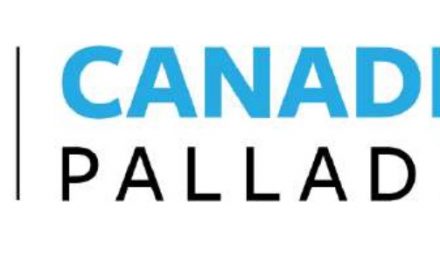The fund managers in the U.S. are expecting slow growth, and they are now trying to avoid stocks in consumer-based companies at high valuations. They are also on guard due to concerns about dropping consumer confidence and earnings estimates.
Higher employment rate and increasing wages should create a good consumer, but concerns about domestic U.S. politics, global growth, and the trade war with China have been draining for consumers and investors alike.
Wall Street is expecting the S&P 500’s consumer discretionary index to gain 14.7 percent for last quarter, which is less than the 17.8 percent consensus recorded from the beginning of the last quarter in October, based on a data from Refinitiv on Friday. Meanwhile, analysts are expecting discretionary earnings to decline by 1.7 percent, compared to the six percent growth expectations on October 1.
The consumer staples are estimated to have a 4.2 percent growth in the fourth quarter, which is less than the 6.7 percent consensus in October, with the projected 0.7 percent growth for the first quarter. On the other hand, the S&P benchmark is projected to report 16.8 earnings growth by the fourth quarter and one percent decline in the first quarter.
Eric Freedman, Chief Investment Officer at U.S. Bank Wealth Management in Minneapolis, says, “Our thoughts on the global consumer is that the marginal data points coming in are more negative than positive.” While it sees the consumer staple valuation to go “fair to slightly overvalued,” his firm, however, is “market weight to slightly underweight.”
The U.S. consumer confidence dropped to a one and a half year low in January. Households were nervous due to the government’s partial shutdown and the turmoil at the financial markets, says a survey from Conference Board.
According to Shawn Kravetz, Esplanade Capital LLC’s chief investment officer, while the “consumer remains generally robust, most people have had something in their life in the past few months that have given them pause.”
Kravetz says, “For the wealthy, it was watching the stock market go down 15 percent in the fourth quarter. For government workers, it was weeks of no cash flow and uncertainty. For many, it was the uncertainty of the shutdown and what the secondary effects might be to them directly, to their jobs or businesses, or the economy at large … everyone was touched directly or indirectly. That didn’t pop the bubble but certainly, let a little air out.” Kravetz, like the other investors, is entirely staying away from consumer stocks due to its valuation.
Refinitiv data says that the consumer discretionary index succeeds at around 19.8 times forward earnings projections, which is higher than 17.3 for consumer staples and a 15.8 multiple for the larger S&P.
Burns McKinney, a portfolio manager at Allianz Global Investors in Dallas, says it is like paying more for less growth. His business has stocks in consumer companies, which include General Motors and Target Corp but is underweight the larger staples and discretionary sectors.
Staples categories like Coca Cola, PepsiCo Inc, Walmart Inc, and Newell Brands Inc, have not reported their earnings yet. Same goes to discretionary companies such as Gap Inc, Target, Home Depot Inc, and Macy’s Inc.
According to Kravetz, big retailers such as Walmart are quite valued with strong expectation along with some risk. Meanwhile, brands like PepsiCo Inc and Coca Cola are mostly around their high as a safety in storms with enough risk to keep the investors away. On the other hand, businesses like Gap Inc and Macy’s Inc are in trouble.
The director of consumer research at Refinitiv, Jharonne Martis says, the growth in retail is still in good condition, however, since the increase was “significantly stronger” in early 2018, “some of the stocks could be punished” once the report earnings from the retailers come. “We’re already seeing that consumer confidence has lowered and analysts have been lowering expectations for 2019,” Martis said.
Up to this time, 71 percent of consumer chosen companies have surpassed Wall Street’s last quarter earnings projections, with most of the outcomes have already released. Around 64 percent of staple firms have exceeded the projections, with reports coming from two-thirds of the of the group, based on the report from Refinitiv.
The U.S. government 35-day partial shutdown made a significant problem to the consumer companies’ first-quarter numbers. The shut down also delayed the government date releases, but the U.S. Commerce Department’s Census Bureau said that the December’s retail sales report would be released on February 14.














